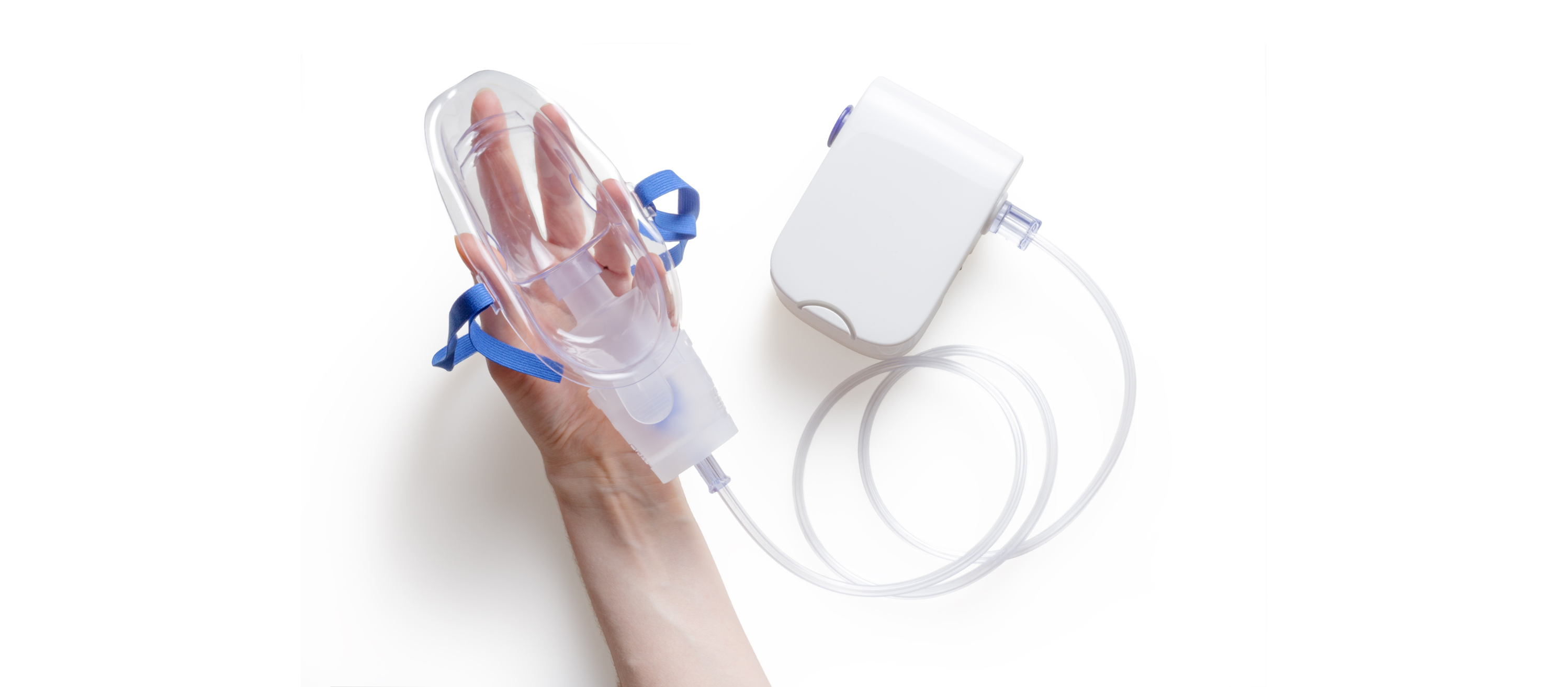Vacuum Casting
Vacuum Casting
Vaccum casting is a cost-effective and versatile process for producing small series of parts with high-quality surface finish and dimensional accuracy. It involves creating silicone molds from a master pattern and then pouring liquid polyurethane or other casting resins into the molds. Vaccum casting is particularly beneficial for hardware product-based startups during the prototyping and low-volume production stages. It offers the advantages of rapid turnaround, flexibility in material selection, and the ability to replicate intricate details, providing startups with functional and visually appealing parts.
Vaccum Casting
- Silicone Mold Making
- Polyurethane Casting
Silicone mold making involves creating a master pattern, typically through 3D printing or CNC machining, and then using it to make a silicone mold. The mold is then filled with casting materials to produce multiple replicas. It is suitable for producing small series of parts with good surface finish and fine details.
Polyurethane casting uses liquid polyurethane resins poured into silicone molds to create parts. It is a cost-effective method for producing prototypes and low-volume production parts with various properties, such as flexibility, rigidity, or transparency. It finds applications in industries like consumer products, medical devices, and automotive accessories.
Silicone mold making involves creating a master pattern, typically through 3D printing or CNC machining, and then using it to make a silicone mold. The mold is then filled with casting materials to produce multiple replicas. It is suitable for producing small series of parts with good surface finish and fine details.
Polyurethane casting uses liquid polyurethane resins poured into silicone molds to create parts. It is a cost-effective method for producing prototypes and low-volume production parts with various properties, such as flexibility, rigidity, or transparency. It finds applications in industries like consumer products, medical devices, and automotive accessories.
Accordion
- Vacuum casting can be performed using a variety of materials, including polyurethane (PU) resins. These resins offer excellent mechanical properties and can mimic the characteristics of various production-grade materials.
- Vacuum casting is commonly used in various industries for producing parts like:
- Prototyping: Creating functional prototypes for design verification and product testing.
- Consumer Products: Manufacturing small to medium-sized batches of customized products.
- Art and Design: Producing sculptures, figurines, and decorative objects.
- Automotive: Crafting interior components, lighting fixtures, and concept car parts.
- Electronics: Creating casings, enclosures, and connectors for electronic devices.
- Medical: Manufacturing medical device prototypes and specialized components.
- The turnaround time for vacuum casting production depends on factors such as the complexity of the part and the quantity required. We strive to provide fast turnaround times, typically within 1 week.
- Yes, vacuum casting allows the replication of different surface textures, including smooth, matte, or textured finishes. We can match the desired surface texture to meet your specific requirements.
- Yes, we offer a range of color options for vacuum casted parts. Our color matching capabilities ensure that the parts closely resemble the desired colors or can be customized to match branding needs.
- Yes, vacuum casting is suitable for producing complex geometries and parts with intricate details, including thin walls, undercuts, and overhangs. The process allows for the creation of highly detailed prototypes or small production runs.
